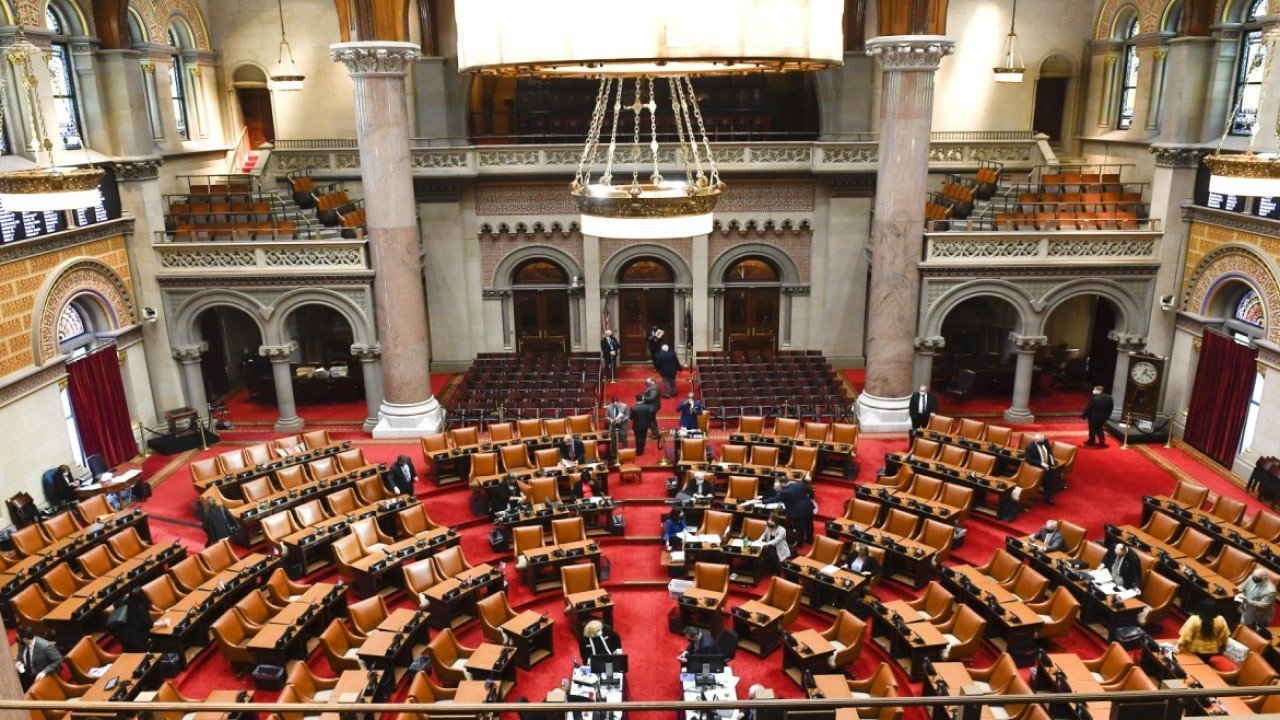UK betting industry sounds alarm over record $143.6M horseracing levy as turnover declines and new tax looms

The Betting and Gaming Council (BGC) has raised concerns over the increasing financial demands being placed on its members, as horseracing levy payments are set to reach a record £108 million ($143.62 million) for 2024, despite declining betting turnover across the sport.
The figure, released by the Horseracing Betting Levy Board (HBLB), marks the fourth consecutive annual increase in contributions from licensed bookmakers, up from £97 million in 2021/22, £100 million ($132.98 million) in 2022/23, and £105 million ($139.63 million) in 2023/24. According to the HBLB, the £108 million total is based on provisional year-end submissions from most levy-paying bookmakers.
While the rising contributions are intended to support British horseracing, a sport that draws roughly six million attendees to 1,400 fixtures across 59 racecourses each year, the BGC warned that such increases are being imposed during a period of falling engagement with the sport.
According to the HBLB, average betting turnover per race fell by 8% compared to 2023/24, with a 15% decline from the year prior and a 19% drop from 2021/22 levels.
“For the fourth year running, levy contributions have increased to record levels, demonstrating the growing, long-term investment regulated betting provides British horseracing,” said BGC CEO Grainne Hurst.
Grainne Hurst
The situation has been further complicated by the UK Treasury’s recent proposal to introduce a single tax rate on all forms of online betting and gaming, replacing the current three-tier system. The BGC fears that a unified tax could put additional financial pressure on licensed operators and potentially harm horseracing further by reducing betting volume and pushing consumers toward unregulated markets.
“It’s now more important than ever that this vital contribution is not undermined by further new tax rises,” Hurst said. “A single tax for online betting risks driving punters away from the sport, or into the arms of the growing, unsafe gambling black market.”
Hurst warned that unlicensed operators pose a significant threat, contributing nothing to the levy or tax base while ignoring safeguards around responsible gambling. “These parasite operators don’t pay tax, don’t care about safer gambling, and do not contribute a penny to the levy,” she said.
The BGC estimates its members contribute around £350 million annually to British horseracing through a combination of levy payments, media rights, and sponsorship deals. More broadly, the UK’s regulated betting and gaming industry contributes £6.8 billion to the economy and supports 109,000 jobs. Around 22.5 million adults in Britain participate in some form of betting each month, from lottery tickets and bingo to online gaming and sports wagering.
Despite this strong economic contribution, the BGC maintains that any further financial strain on the regulated industry, particularly in the form of new taxes, could reduce investment, damage the sport, and shift consumers toward riskier, unregulated alternatives.
“The BGC wants sustainable growth, for our members and for racing,” said Hurst. “But any new taxes would halt investment, hurt punters, and harm racing.”
The HBLB’s levy collection reforms, introduced in 2017/18, were intended to stabilize funding for horseracing. However, as both attendance and betting turnover continue to decline, questions remain about the long-term viability of the current funding model. While in 2007 an estimated 17% of the UK population engaged in horse race betting, that number had dropped to 10% by 2018.



















































